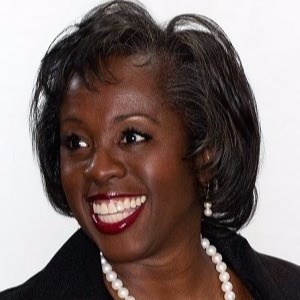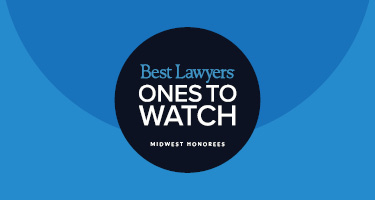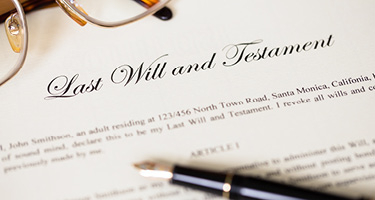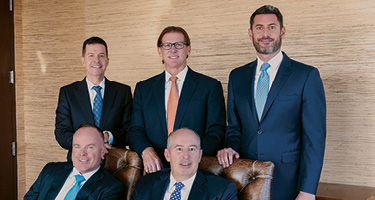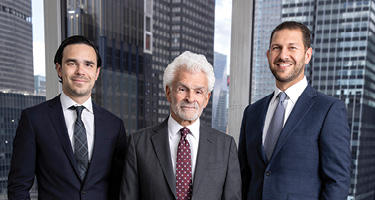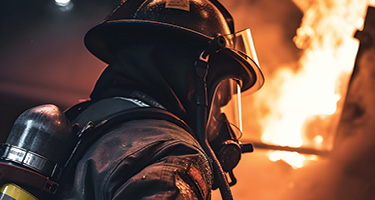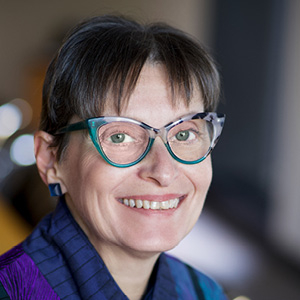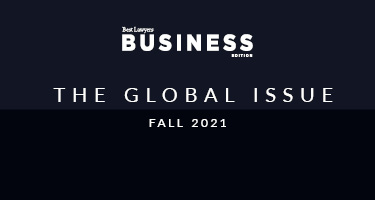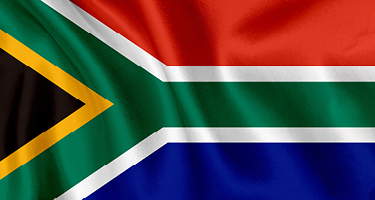This article originally appeared in the 2022 Best Lawyers in the Midwest publication on October 1, 2022.
In the overall push to bring greater diversity, equity and inclusion (DEI) to the legal industry, one sector of our field receives relatively little attention: the alternative dispute resolution (ADR) process and the neutrals—mediators and arbitrators—who help parties resolve disputes outside the court system. As more and more matters are resolved through ADR rather than traditional litigation, now is the time to reap the benefits of increased diversity and inclusion among neutrals.
It is difficult to come by accurate data about the state of representation on ADR panels because of the confidential nature of these proceedings, but we do have some. According to a Law.com analysis of more than 350 neutrals affiliated with one of the nation’s largest providers of dispute resolution services, Judicial Arbitration and Mediation Services (JAMS), 25% are women and 7% are racial minorities. We do not have data about the disability, LGBTQ+, military veteran or language status of neutrals in that cohort, but we know that these additional aspects of diversity are just as important to consider in efforts of inclusion, as are race and gender.
Unlike in traditional litigation, parties using private dispute resolution have choices in the arbitrators who will mediate their dispute, and many claimants have good reasons to choose neutrals who are open to understanding their background and life experiences. Viewed through the lens of representation alone, it appears that the diversity they seek is difficult to find in the pool of available neutrals. What’s more, in cases where binding arbitration clauses mandate that claimants engage in the ADR process, parties from underrepresented backgrounds may find that the current mostly homogenous pool of neutrals may put them at a disadvantage in negotiations.
Diversifying the pool of neutrals is the first essential step to improving inclusion in the mediation and arbitration processes. Neutrals from underrepresented backgrounds may be better positioned to help in the following ways:
1. BUILDING TRUST. Productive dispute resolution depends on the willingness of both parties to share key information with the neutral mediating the dispute. Trust—in both the neutral and in the dispute resolution process itself—means that all parties feel their perspective and experiences will be understood and that the neutral will approach all parties in the process with an open, inclusive mindset. Ideally, neutrals should be knowledgeable not just about the details of the dispute but about the broader context in which it is taking place. For example, consider a case alleging that packaging representations on a multicultural product are misleading to consumers. The parties in that matter may be more willing to trust a mediator who is familiar with the life experiences of the ethnic community involved in the situation, as much as they understand the legalities of the matter. That trust will lead to better communication and a sense that both parties are on a level playing field, with a neutral who is invested in truly understanding both sides of the story.
Neutrals who have experienced or are aware of the varieties of backgrounds that come into play in an ADR setting can be more sensitive to the nuances of communication and better prepared to navigate cultural differences that impact negotiations.”
2. COMMUNICATE ACROSS DIFFERENCE. Communication is a complex act, and our upbringing, cultural values, life experiences and relationships to power structures impact what we say and how we say it. Neutrals who have experienced or are aware of the varieties of backgrounds that come into play in an ADR setting can be more sensitive to the nuances of communication—styles of talking as well as body language—and better prepared to navigate cultural differences that impact negotiations. For instance, in some cultures, interrupting in conversation is not considered rude but instead signifies a kind of “active listening” and participation. Conversely, the passive listening considered polite in some circles may read as a lack of interest or attention. Some cultures view maintaining eye contact as a sign of respect and will distrust people who will not look them in the eye. In other cultures, restraint and stoicism are the highest value, and prolonged eye contact is not seen as appropriate and may be interpreted as unnecessarily aggressive. These norms also vary across generation and gender. A neutral who is familiar with and aware of varying communication styles can avoid missteps like misinterpreting an active communication style as bad-faith behavior, or inappropriately correlating a party’s trustworthiness with how comfortable he or she is with eye contact. Avoiding misinterpretations like these and instead promoting openness in communications through understanding may have a significantly positive impact on the negotiation and improve rates of resolutions in ADR.
3. ANSWER THE CALL OF CLIENTS ON DEI. In the past several years, law firms have devoted more attention than ever before to issues of equity and inclusion when it comes to hiring and retention, performance assessment and promotion, staffing of client matters and more. Those efforts have been driven in no small part by clients seeking to hold their outside legal teams responsible for making progress on DEI. Clients are increasingly making the same demands for diversity, equity and inclusion in the ADR process. Raising awareness about the need for greater diversity in neutrals, and taking steps to bring about that change, provides law firms with an additional avenue for demonstrating their commitment to values of equity and inclusion to clients. Just as it is crucial for the lawyers representing a company to reflect the diversity of our society, it is also important for that diversity and inclusion to exist among the neutrals who mediate and arbitrate a company’s matters.
In its 2018 Resolution 105, the American Bar Association urged, “providers of domestic and international dispute resolution to expand their rosters with minorities, women, persons with disabilities and persons of differing sexual orientations and gender identities (‘diverse neutrals’) and to encourage the selection of diverse neutrals.” Not only are the current rosters themselves inadequate to meet the needs of parties participating in ADR, but the few available neutrals from underrepresented backgrounds are “less likely to be selected due to the network-based and confidential nature” of ADR. This lack of transparency increases the role of implicit bias in selection. In contrast, by welcoming and promoting diverse talent into the ranks of available neutrals all along the spectrum of diversity, including beyond gender and ethnicity, we have an opportunity to foster equity and inclusion in ADR panels, which are mediating disputes among parties from all walks of life.
Calling attention to the deficit of diverse neutrals in ADR is only the first step. It is certainly a hopeful sign to see the launch of new ventures such as Marcie Dickson’s Alterity, the first Black woman-owned dispute resolution firm, whose expert panel includes a diverse group of ex-judges, law firm partners and former in-house counsel. Next, stakeholders from all corners of the industry must push forward a conversation about transparency and data: If we cannot measure where we are, we cannot make progress. As Resolution 105 concludes, “Achieving real progress will not only require continued attention from providers in terms of recruiting and supporting women and minority mediators and arbitrators, but also clients who are willing to ask questions that perhaps they haven’t in the past.”
Inclusion efforts with mediators and arbitrators, such as DEI training, can also help by increasing awareness of unintentional biases, stereotyping, discrimination and differences in value systems, communication styles and cultural sensitivities. This can lead to better interactions with people from different backgrounds with different perspectives, which is the hallmark of successful conflict management and the goal of every mediation and arbitration.
The status quo in ADR does not equitably serve all parties who come to the table to resolve disputes. But change is possible, and we owe it to the people we serve to try.
At a moment when trial courts are massively backlogged and businesses are increasingly looking to resolve disputes outside the courtroom, it is essential that the ADR process has legitimacy—both legally and because the participants feel the process is justified. If employees and other claimants feel that mediation enlarges, rather than restricts, their access to justice, then ADR can live up to its potential as a simpler, more efficient route to resolving legal conflicts. Increased diversity, equity and inclusion among the pools of available neutrals for ADR panels will be a key driving force in strengthening the legitimacy of ADR in the eyes of participants.
Patricia Brown Holmes is the managing partner of Riley Safer Holmes & Cancila and focuses her practice on high-stakes commercial litigation, crisis management, white collar crime, and legal counseling. Patricia is the first African-American woman to lead and have her name on the door of a major law firm that is not women- or minority-owned.
Rachel Sifuentes is an associate at Riley Safer Holmes & Cancila. Clients in high-stakes commercial litigation, class action, intellectual property litigation, and those facing investigation by government regulators turn to her to resolve their cases.

